Why the Windows 10 'Creators Update' should inspire PC makers
You can expect to see some very exciting hardware over the next few years, as we approach a major shift in personal computing.
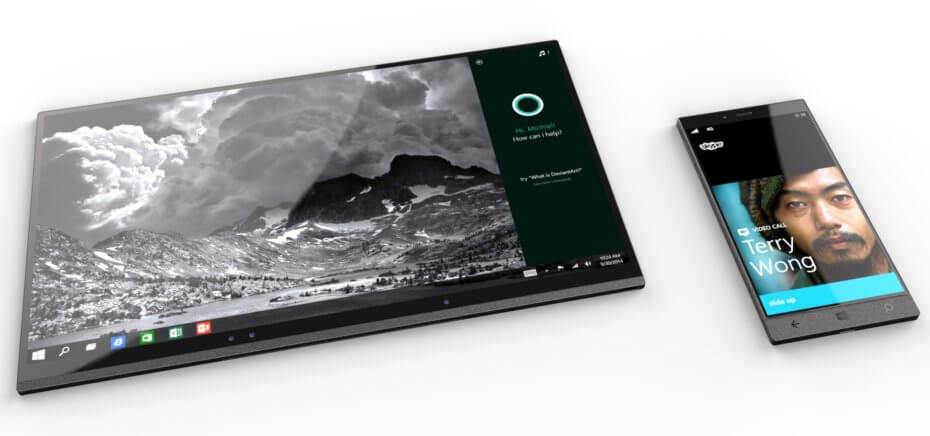
All the latest news, reviews, and guides for Windows and Xbox diehards.
You are now subscribed
Your newsletter sign-up was successful
A perk of my job is I get to see a lot of hardware before it's released to the public. Another one is talking to the people and companies behind those products about the processes and decisions that lead up to devices being made.
While Microsoft is marketing the latest versions of Windows 10 as the "Creators Update" (the one released in May and then also coming in the fall, PC makers are also the "creators" of the hardware we use. Today's perfect storm of software, hardware, and processors is leading to some thought-provoking devices instead of the stodgy and boring laptops and desktops of the past.
Windows 10 everywhere
During the last few years, I've written a lot about Microsoft's goals with Windows 10. While the company is busy reinventing the desktop (Surface Studio), it is also working hard on getting Windows onto new devices and form factors, but also getting Windows off the desktop, too.
Windows 10 Mobile, Windows Mixed Reality, Xbox, and soon Windows 10 on ARM (not to mention Windows IoT) are all attempts at getting Microsoft's OS into new experiences.
Just this week, we revealed Microsoft's attempt at a new user interface (UI) that is flexible, called "CShell" or "composable shell." While OneCore created a unified foundation, CShell will do the same for the UI. Microsoft's Fluent Design System will be the language to connect it all.
The idea that your OS will adapt to your environment, display, and the task at hand is a new one, but it's easy to understand. Why have to choose between a dumbed-down mobile OS and a powerful desktop? Why concern yourself with processors such as ARM or x64 when you can just run Windows?
Microsoft's bold vision of a universal but adaptable OS feels like the right move. It also lets Microsoft's hardware partners – Dell, HP, Razer, Acer, Huawei, and ASUS, for example – try new and exciting things.
All the latest news, reviews, and guides for Windows and Xbox diehards.
A significant shift in personal computing
Innovative ideas in how hardware and software can come together are popping up all the time.
Take HP's refreshed Sprout PC that can do 2D and 3D image scans for artists and engineers. Being able to have your PC scan an object and instantly make a 3D model that can be manipulated or shared is astonishing. You can now send that model to your 3D printer and make your own object all on a single desktop. Such technology years ago was primitive, expensive, and reserved only for large firms and professionals. Today, you can order it and have it the next day in your home.
HP's Elite x3 with Lap Dock is also notable. The system is in no way ready for consumers, and it may be early even for enterprises, but it's more about perfecting the idea at this point rather than being completely off-track.
Razer is pushing boundaries consistently, especially with its concept "Project Valerie", which brings three 4K displays to a laptop. Even its Razer Blade Pro is an audacious creation.
Related to Valerie is the now-shipping ASUS ZenScreens, or portable 15.6-inch displays that connect via USB Type-C. I'll take two, please. (Seriously, I already ordered two of them).
Dell is experimenting with new mobile experiences that still may happen.
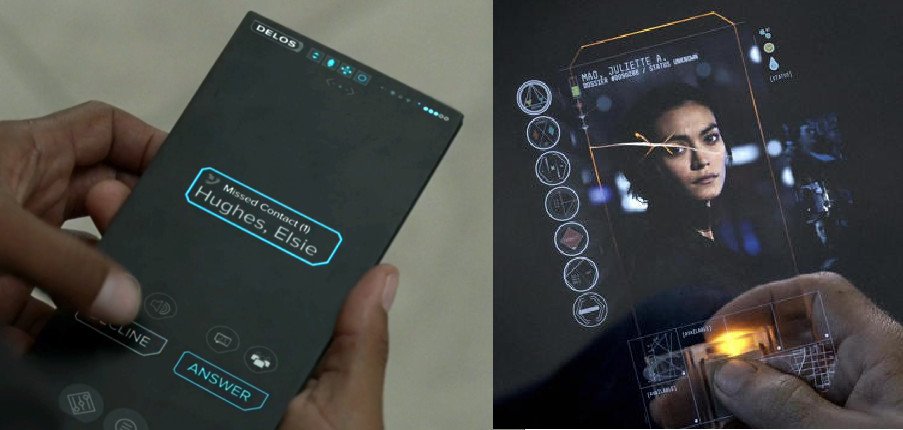
Microsoft is leading many new categories with its Surface Pro, Surface Book, and Surface Studio creations.
Then there's Windows Mixed Reality, which is just the beginning of that shift in computing experience. And Windows 10 on ARM will usher in a new era of ultra-mobile PCs that are always connected to the internet.
Even indie companies are getting involved, such as the seven-inch ultra-mobile PC (UMPC) from GPD. It's an actual pocket PC.
The next 24 to 36 months will be a pivotal time to watch the consumer space.
What's different about AI and technology?
All of the changes mentioned here are possible largely because of three advances:
- Smaller, more efficient processors (ARM and x64).
- Windows 10 and the Universal Windows Platform (UWP).
- Ubiquity and affordability of 4G LTE and Wi-Fi networks.
Companies such as Google and Apple are struggling in different ways than Microsoft. Apple wants to build iOS up from phones to larger screens, while Google is trying to hodgepodge Chrome OS with Android. Microsoft is trying to go from the desktop to mobile (and everywhere else). But they all want the same thing: an OS and ecosystem that spans devices. No longer do people have just one computer; they have many. How do you build for that world? And how do you prepare for a change you don't see coming?
In the coming years, artificial intelligence (AI), the cloud, and neural networks will all play a role in this continued move away from traditional computing models. Advancements in processors, displays, holographic tech, as well as touch and modality improvements, will be here in the near future.
Dallas Mavericks owner and investor Mark Cuban recently stated that we'll "see more technological advances over the next decade than we have over the last 30. It's just going to blow everything away." He's right, too.
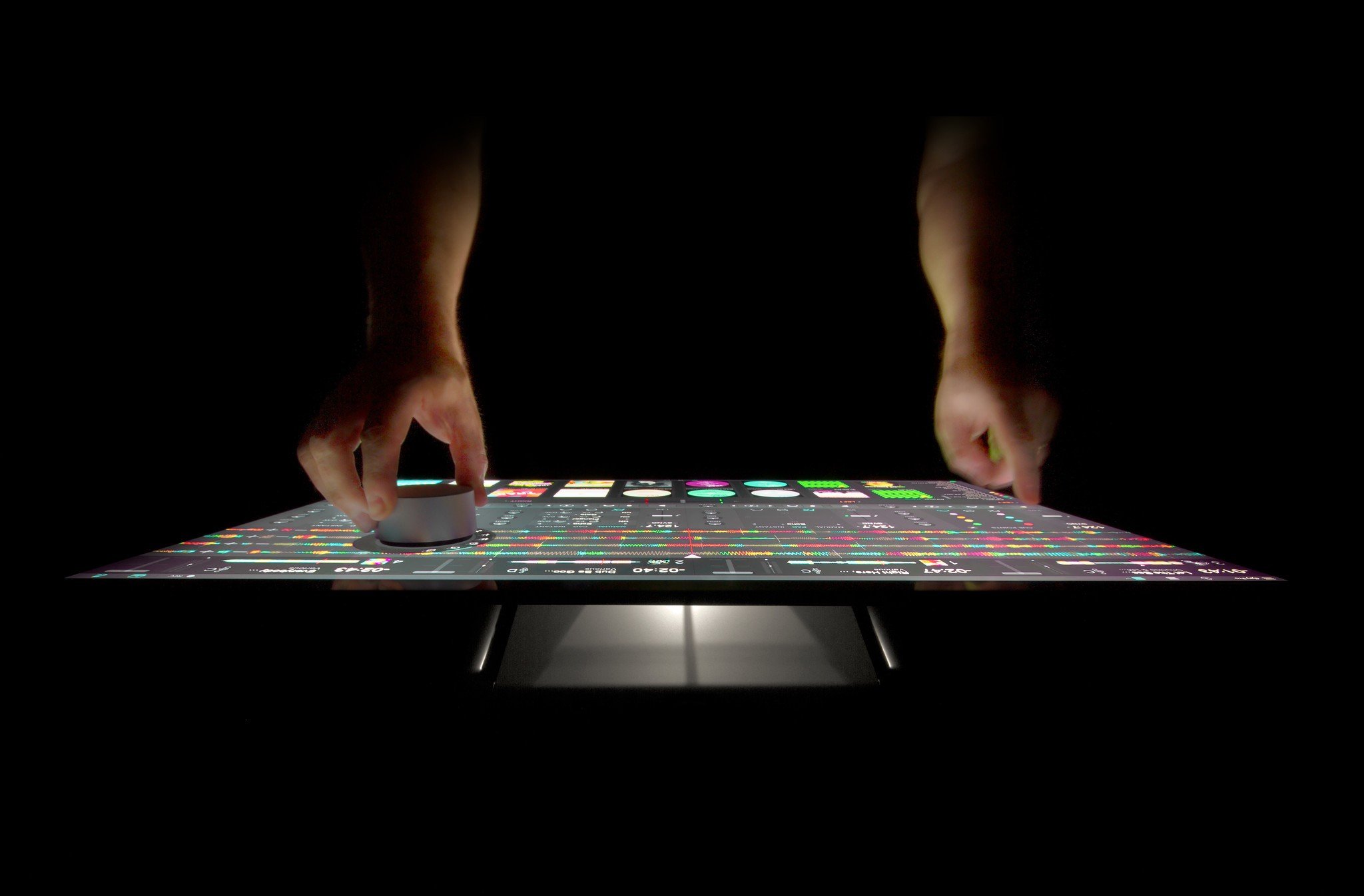
One of the big differences between today and 10 years ago is the investment. In 2006, "smartphones" were niche devices reserved for business users. Not much money went into related research because the market was small. Today, it's a billion-dollar industry, and almost everyone has a computer in their pocket. Every company wants a piece of the action, and everyone has ideas. It's not only a time for consumer creators but industry ones, too. Engineers, scientists, programmers, and more are leveraging computers to do more than to create spreadsheets or use Adobe Photoshop.
Everything is connected. Everything is getting smarter.
Microsoft Co-Founder Bill Gates recently said, "We have only begun to tap into all the ways [AI] will make people's lives more productive and creative." He was speaking to college graduates about what fields he'd consider if he were starting today.
The point is that this is all starting to happen right now. Whether it's metal Core i7 laptops that are fanless and weigh just 2.3 pounds or the HoloLens wearable computer, we're living in exciting times.
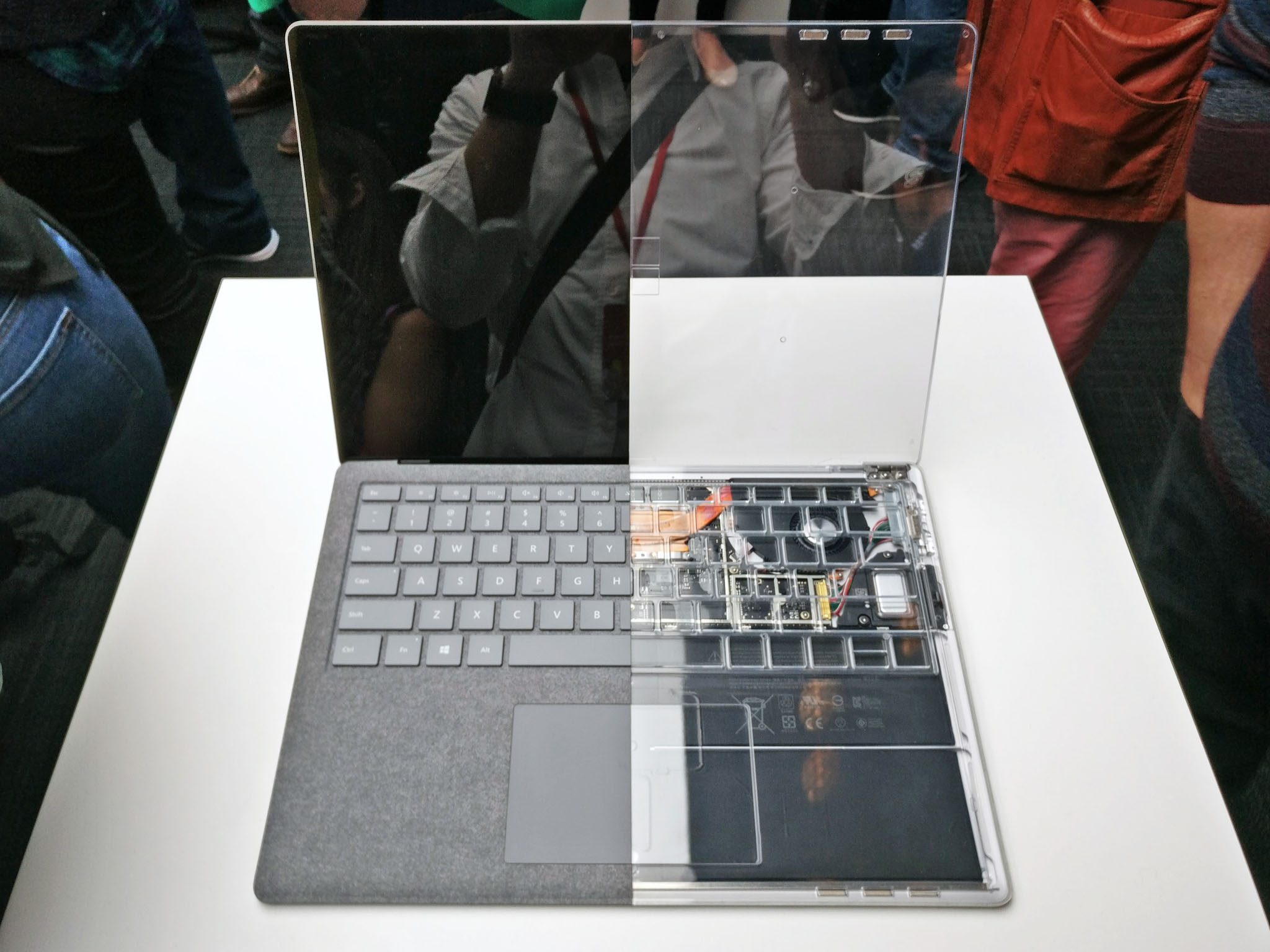
People may just Windows 10 today as an OS on a laptop or desktop computer, but I see companies creating some of the most advanced, beautiful, powerful, and original hardware in human history. Just look at something like the Spectre x360 with a 4K display or the Surface Book – it's all a little crazy compared to hardware from a decade ago, and it's just starting.
Putting what Microsoft is doing aside, the rest of the tech space, including Apple, Google, Amazon – and who knows what Elon Musk will do next – is outstanding and inspiring.
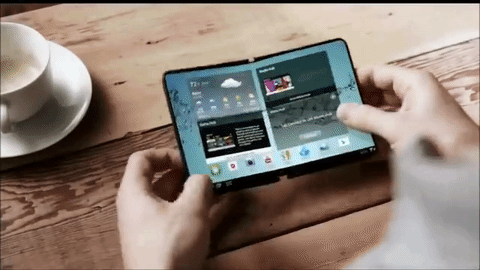
Wherever Windows 10, ARM, mixed reality, and AI go in the next five to ten years, it's going to be a fun ride. It's easy to get caught in the moment and think not much has transformed, but technology is going to see some serious advances in the next decade.
Take a moment to appreciate that and imagine what a "phone" or a "laptop" will be like in 2027. I have no idea. And that's incredibly exciting.

Daniel Rubino is the Editor-in-Chief of Windows Central. He is also the head reviewer, podcast co-host, and lead analyst. He has been covering Microsoft since 2007, when this site was called WMExperts (and later Windows Phone Central). His interests include Windows, laptops, next-gen computing, and wearable tech. He has reviewed laptops for over 10 years and is particularly fond of Qualcomm processors, new form factors, and thin-and-light PCs. Before all this tech stuff, he worked on a Ph.D. in linguistics studying brain and syntax, performed polysomnographs in NYC, and was a motion-picture operator for 17 years.


